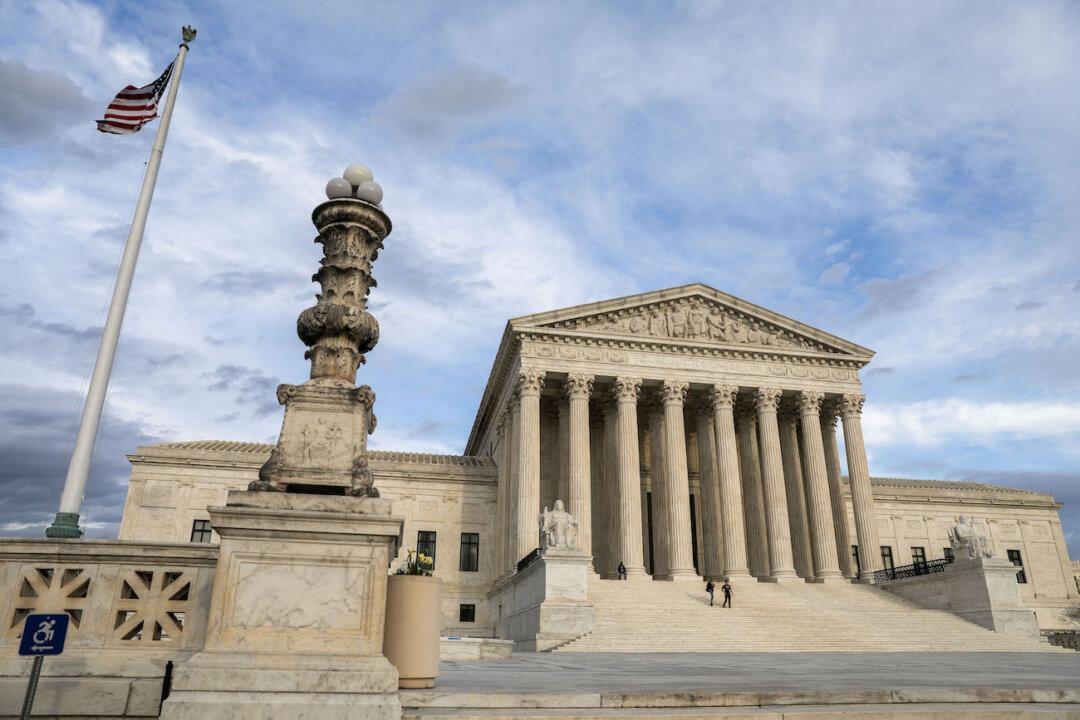A church in San Diego has appealed to the Supreme Court to intervene in its ongoing lawsuit challenging California’s heavy-handed and allegedly discriminatory restrictions on houses of worship that purport to combat the virus that causes the disease COVID-19.
Religious leaders have been emboldened since the Supreme Court last week blocked New York Gov. Andrew Cuomo, a Democrat, from enforcing tough pandemic-related restrictions on attendance at houses of worship, a dramatic departure from the high court’s recent hands-off rulings giving states free rein to limit constitutional rights while combating COVID-19.





